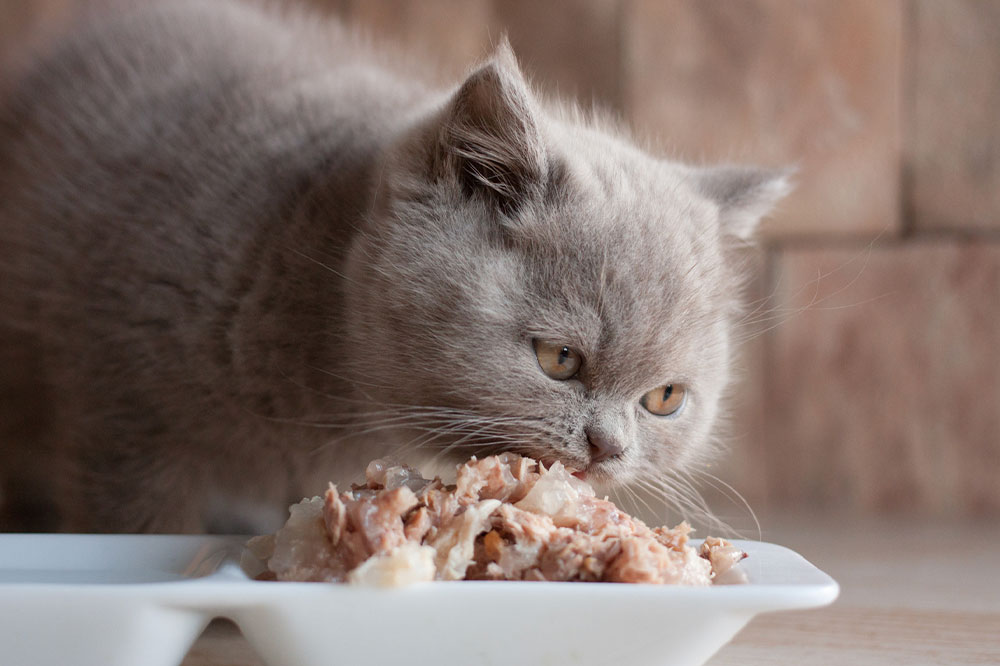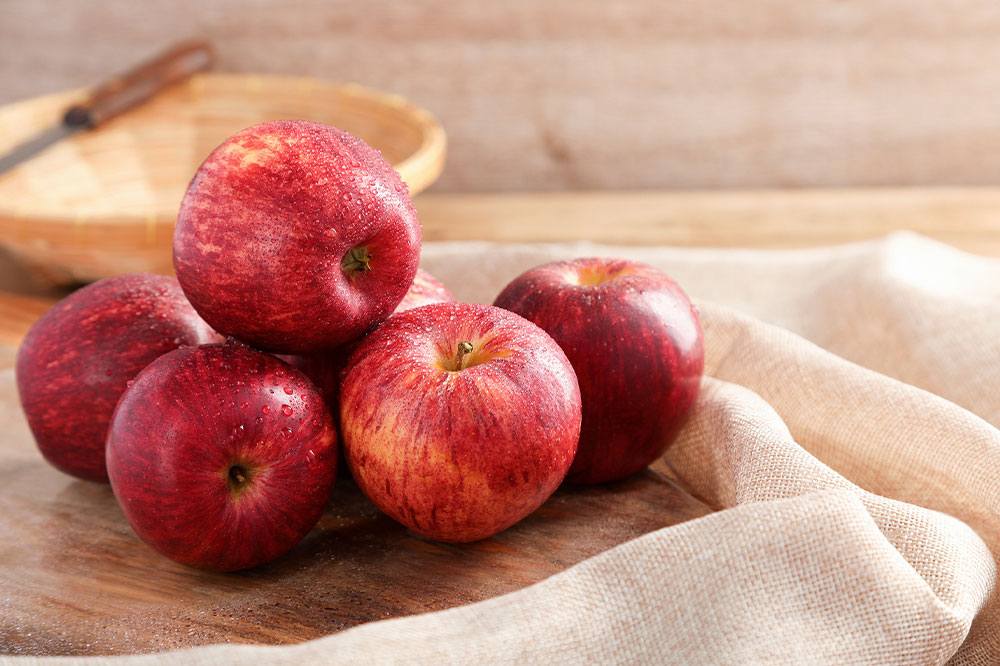10 foods to avoid to prevent Crohn’s flare-ups

Crohn’s, an inflammatory bowel disease, can have long-term consequences like digestive tract inflammation or malnutrition. Symptoms like diarrhea, stomachache, and body cramps interfere with your daily routine, making it difficult to have proper meals or lead a normal life. Thankfully, you can help minimize the symptoms by avoiding certain foods that are not good for Crohn’s. It is advisable to draw up a routine and maintain proper eating habits to prevent flare-ups.
Food items and ingredients to avoid to prevent Crohn’s disease flare-ups
Whole grains
The fiber in whole-grain bread, whole-wheat pasta, and popcorn can pass too quickly through your stomach, making it tough for your body to digest the same. This can lead to pain, bloating, or loose motion. Hence, staying away from these foods is a good idea if you have Crohn’s disease.
Beans
Beans are usually very healthy and nutritious. But, they can lead to gas since they are rich in fiber. Thus, avoid beans for the sake of your digestive health if you are suffering from Crohn’s disease. Even processed beans should be avoided.
Fruits and vegetables
Fruits and vegetables are loaded with vitamins and minerals. But they also contain a lot of insoluble fiber, which, as mentioned above, is not a good option in Crohn’s disease. However, if you process certain fruits and vegetables differently, then you can consume them and benefit from their nutrients. You can eat baked or steamed fruits and veggies so that they are more digestible. Here are some options that are safe: applesauce, steamed vegetables, peeled cucumbers, bell peppers, bananas, squash, pumpkins, and cantaloupe.
Meat protein
To help prevent Crohn’s flare-ups, you need to select a lean protein with lesser fat content. You can consider having eggs, fish, shellfish, pork tenderloin, white meat poultry, and even tofu and other soy products.
Dairy products
It is widely believed that consuming dairy products is alright even if you have Crohn’s. However, it is not quite true. If your symptoms aggravate or you experience flare-ups, consuming whole-fat dairy products like whole milk, ice cream, or even sour cream can be damaging to your health as they contain lactose.
Spicy foods
Foods containing chili powder, cayenne pepper, or other such spices can heat up and irritate your gastrointestinal (GI) tract, causing tremendous pain. Hence, stay away from rich and spicy curries, stews or soups if you have Crohn’s.
Nuts and seeds
The sharp edges of nuts and seeds can be painful for digestion and may cause blockage and irritation of the GI tract. However, research and experiments have shown that people with a Crohn’s disease diagnosis can still tolerate ground nuts and seeds. You can try peanut butter as well. But to be on the safe side, consult your doctor first.
Caffeine
Consuming caffeinated drinks while experiencing the symptoms of Crohn’s disease can cause a serious problem. Thus, they must be avoided at any cost. It is because caffeine is known to increase the wave-like motion of the GI tract that further propels the waste matter through the system. Do not drink coffee, especially when you have diarrhea.
Sweet drinks
If you are a lover of sweet drinks like soda, fruit juice, lemonade, or any other sweetened beverage, then you may need to sacrifice drinking those. They may cause severe diarrhea, especially if you are already experiencing a flare-up. You should also try to avoid candies, gums, and other similar products due to their excess sugar content.
Greasy fast food
Fast foods have a lot of fat, especially sausages and salami. Fat can be difficult for your gut to digest if you are diagnosed with Crohn’s disease. This can lead to cramps or loose stools. So, stay away from fatty foods as much as possible. Go for healthy home-cooked meals instead.
Living with Crohn’s doesn’t mean you need to constantly deal with painful flare-ups and symptoms. By avoiding the above foods, you can maintain your gut health as well as overall wellbeing.









